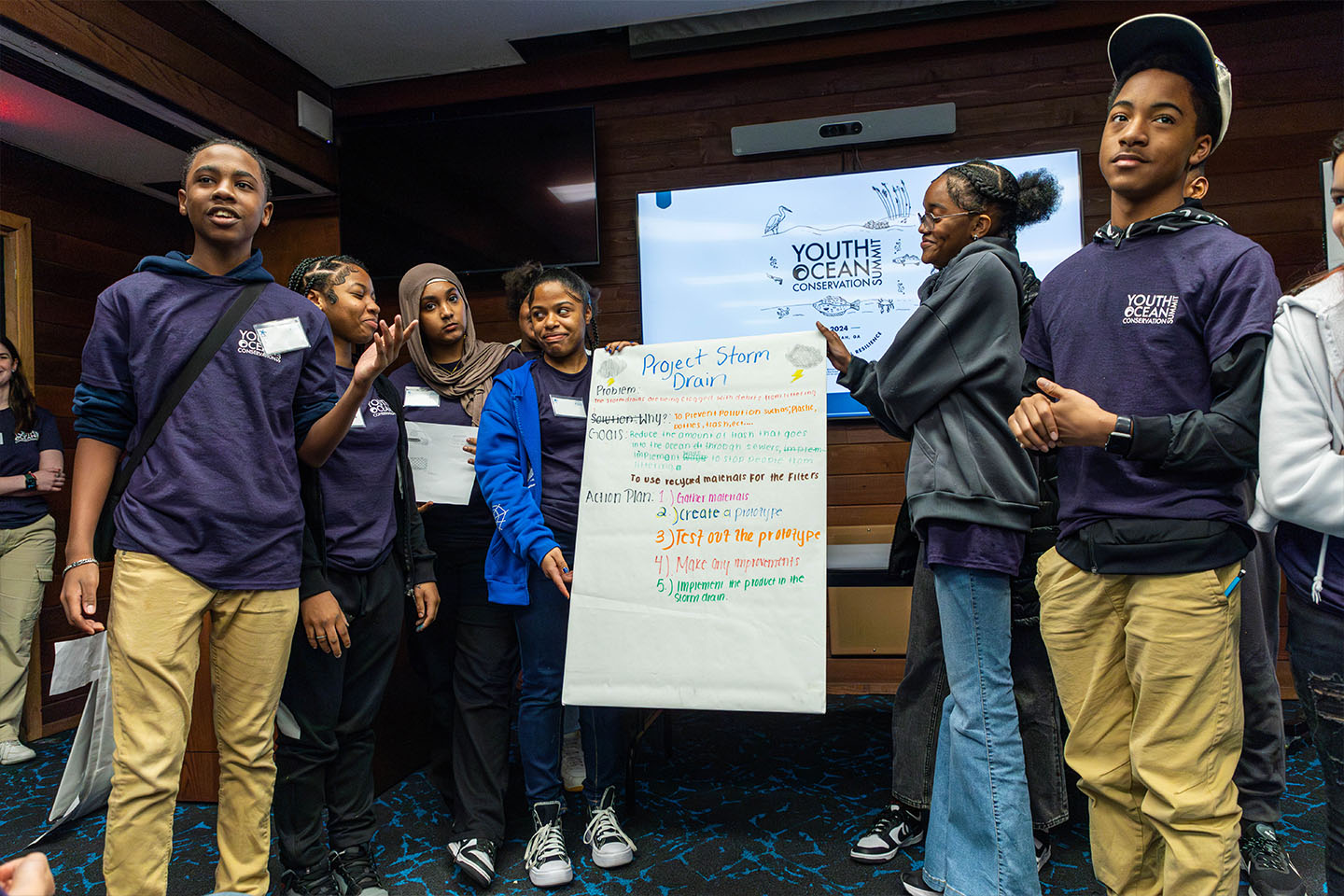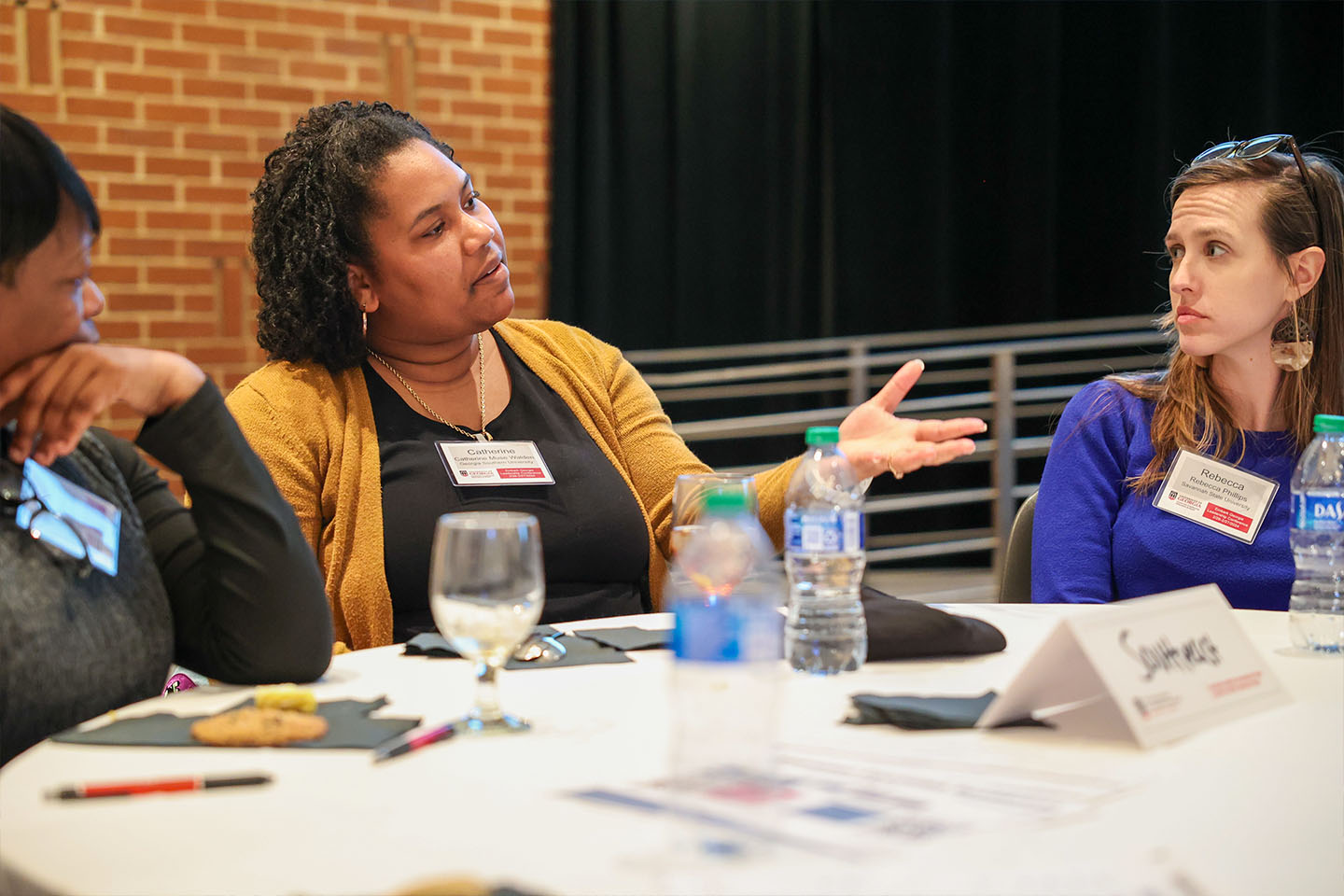While sweeping reform of Georgia’s juvenile justice system is projected to save the state millions by keeping fewer offenders incarcerated in state-run facilities, Chatham County may see its juvenile court costs rise.
Not only are increases expected, but changes could also be significant when it comes time to implement the new reform laws, which go into effect in January.
That was the warning given by presiding Juvenile Court Judge Patricia Stone when she went before county commissioners at a recent budget workshop. But the exact cost for the county will likely not be determined until next year, officials say.
“There are significant changes in this new juvenile code,” Stone told commissioners on May 28. “It really is a massive undertaking for us, but we’re working diligently so that we are prepared come Jan. 1.”
Stone’s update comes at the same time commissioners already are grappling with whether to raise taxes to fund expansion of the jail.
On Friday, juvenile court officials received the commission’s approval of an application for the state’s $5 million Juvenile Justice Grant. The grant awards counties up to $500,000 for evidence-based alternative programs that reduce juvenile recidivism.
Recipients must demonstrate a 20 percent annual reduction in the total number of juveniles who are found guilty of felonies and who are given short-term sentences.
Court administrator Adam Kennedy said he and other court officials have come up with two programs to address recidivism, which the court places at 22 percent.
One would provide one-on-one therapy to an offender and his or her family. The other would provide aggression therapy.
The plans do not call for the hiring of additional county employees, Kennedy said. Instead, the county would contract services with a licensed agency.
“We would monitor their services,” Kennedy said.
Additionally, officials want to expand the court’s electronic monitoring, which is already done as an alternative to detention.
On May 31, Kennedy, along with Juvenile Court Judge LeRoy Burke and deputy court administrator Gary Smith, attended a grant workshop in Savannah offered by the University of Georgia’s Carl Vinson Institute of Government.
Thomas Rawlings, a consultant and former Middle Judicial Circuit Juvenile Court judge, told about 20 people at the regional workshop, some from as far away as Dublin, that the new laws will mean a focus on “local solutions, local funding and local control over a lot of our juvenile justice work.”
An unknown price
Chatham County Juvenile Court has three judges and a $4.9 million proposed budget for fiscal year 2014, an increase of 0.8 percent over its present budget.
Included is an indigent defense budget of about $120,000.
Court officials are certain it will grow substantially, especially since it has exceeded its budget for the past two years, including $33,000 in the current year.
The cost overruns have been absorbed in other areas in the court’s budget, but court officials warn that practice is unsustainable.
For the county, the biggest cost in implementing the new laws lies in a requirement to have all offenders represented by a legal counsel.
Stone told commissioners that changes in the state’s juvenile code require courts to appoint an attorney in all cases.
“Every one of those children will need to have an attorney appointed to represent them in addition to guardians ad litem that are appointed to advocate for the best interest,” said Stone.
The judge said Chatham County Juvenile Court over the past two years has worked proactively to require representation in delinquent and status offense cases, in anticipation of the changes.
That in part explains the indigent defense budget overruns, according to officials.
But having children represented in deprivation cases as well, Stone said, will come at an added expense. Between 450 and 750 deprivation referrals are typically received each year by the court, she said.
Deprivation cases include incidents in which a juvenile:
• Is without proper parental care or control, subsistence, education as required by law, or other care or control necessary for his physical, mental or emotional health or morals;
• Has been placed for care or adoption in violation of law;
• Has been abandoned by parents or other legal custodian;
• Is without a parent, guardian or custodian.
Court-Appointed Special Advocate volunteers have provided guardian ad litem services, in addition to hired attorneys.
“Because we have anticipated some of the changes in the code, Chatham County will not be hit with the type of financial blow that many of the counties will face,” Stone said. “However, there will be a financial impact on our budget and our community.”
On the other side of the bench, increased costs are also projected for the district attorney’s office.
Diane McLeod, chief assistant district attorney in Juvenile Court, said more support staff will be needed and a fourth assistant district attorney, if not more, will likely need to be hired. She said the amount needed to fund such changes will probably not be known until next year.
“There were responsibilities that were initially assigned to the court workers who work for juvenile court, and those responsibilities are now being shifted to the district attorney’s office,” McLeod said.
“What we’re doing now keeps us more than busy, so we’ll need additional staff.”
Crime doesn’t pay
In May, Gov. Nathan Deal signed House Bill 242 into law, aimed at transforming a state traditionally tough on crime into one that saves costly youth detention bed space for the most violent offenders, while reducing recidivism through community-based alternatives.
The program is similar to earlier reform of adult sentencing and corrections.
The cost to house each youth in one of the state’s seven youth detention centers is estimated at $90,000 a year.
Yet, more than 65 percent of youths released from such facilities are convicted of a juvenile or adult offense within three years, according to the state.
Georgia’s reform efforts, which include a rewrite of the juvenile code, is expected to save the state $85 million through 2018 and avoid the opening of two youth detention centers, according to the Pew Charitable Trusts, which assisted state officials and a special council that recommended the policy reforms.
“If we address the issues early on, perhaps we can successfully divert (offenders) from wasting much of their adult years sleeping on expensive prison beds,” said Deal, a former Juvenile Court judge, at the signing of the legislation.
As for any local savings associated with the reform measures, that remains to be seen.
Joe Vignati, justice division administrator of the Governor’s Office for Children and Families, said details will have to be worked out in the coming months but grant funding will be available next year.
The new laws established a criminal justice review council that will remain in place until June 2023.
Only time will tell
While most juveniles in the system are charged with minor infractions, more and more are finding themselves in court for violent crimes such as robberies, burglaries and aggravated assault, said McLeod, the assistant district attorney.
And changes in the juvenile code leave McLeod less than optimistic about the future of the juvenile justice system. She fears the job of prosecutors will become more challenging.
“With the change in the law, the focus is on placing children back into the community and not locking children up,” said McLeod, a former defense attorney.
“Even when children are detained and we are able to get children committed to the Department of Juvenile Justice, we’re limited to the amount of time that those children can actually remain in custody.”
That’s because under the new laws, a two-class system will classify designated felony offenses — class A for more serious felonies and class B for felonies with mitigating circumstances, such as drug possession not involving the sale, manufacture or delivery of illegal drugs.
Juveniles convicted of a class A offense will be eligible to receive a maximum of 60 months in confinement at a youth detention center, while class B offenses will result in up to 36 months of confinement, with just half the sentence required to be served in a youth detention center.
Currently, judges can sentence an offender for a minimum of 12 months. There will be no minimum sentences under the new law come January.
“It reduces the amount of time that we can order a youth to a YDC or secured detention,” Stone explained to county commissioners. “So for almost all of the most serious offenders that we see, they may only receive 18 months in confinement instead of what we could do — up to five years.”
Stone said the changes will also limit options such as when Juvenile Court judges like herself can order a delinquent youth to home placement or a group home.
To be sure, the reform measures include new streamlined processes for cases involving children in need of child welfare services and other revisions that proponents believe will create savings in some areas.
County court officials hope any grant money they receive for instituting new treatment-based alternatives to detention will take some of the financial pressure off the county budget.
A successful juvenile justice program will not only improve outcomes for youth, reduce crime and create accountability on the part of the court system, but it will also reduce costs, according to Rick Harrison, a consultant with the Carl Vinson Institute.
“We are going to do our best to manage the children in our community and do our best as we always try to do for the children that are referred to us in juvenile court,” Stone said.
Juvenile facility experiences relief
Despite the Savannah Regional Youth Detention Center off Chatham Parkway currently being at capacity, some relief has already occurred in the decline in referrals since 2009.
Officials are uncertain about the reason, but note a similar trend statewide and nationally.
In 2009, Chatham County Juvenile Court received 4,805 referrals as 2,832 kids younger than 17 passed through the system on a total of 6,101 charges. In 2012, the court received 2,834 referrals involving 2,103 juveniles and 4,045 charges, according to court data.
The majority of last year’s referrals (952) came from Savannah-Chatham police, followed by the state Division of Family and Children Services (439) and Savannah-Chatham public schools (406), according to the court’s annual report.
Of the total 3,186 delinquent and unruly charges referred to the court in 2012 — a combined 62 percent of all referrals — the most frequent were violation of probation (225), ungovernable (198), theft by shoplifting (192), criminal trespass (165) and contempt of court (164).
— Marcus E. Howard
JUVENILE REFERRALS IN DECLINE
Juvenile referrals have declined over the past five years:
Year Juveniles Referrals Charges
2012 2,103 2,834 4,045
2011 2,207 2,980 4,467
2010 2,483 3,399 4,938
2009 2,832 4,805 6,101
2008 1,727 2,162 3,060



